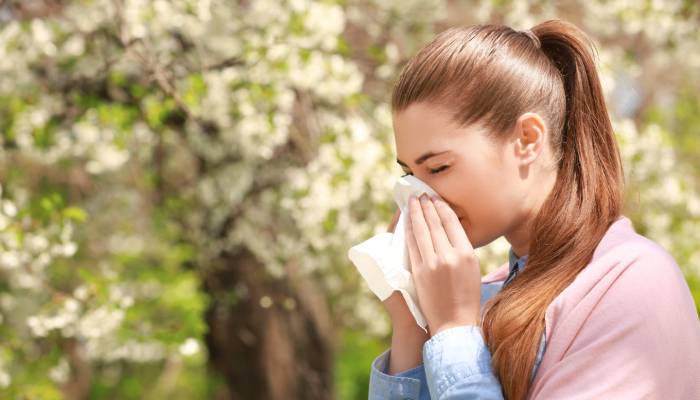If you have allergies, the arrival of spring or fall signals a battle with sniffling, sneezing, and itchy eyes. While this is nothing new, have your allergies seemed to be getting worse each year? You might not be imagining that. With rising global temperatures and shifts in weather patterns, environmental changes may be impacting your sniffles. Read on to learn more about whether climate change and seasonal allergies are connected.
How Climate Change Affects Pollen Production
Climate change plays a significant role in extending the growing seasons of many plants. This means plants have more time to produce pollen, which can increase the severity and duration of allergy symptoms. Warmer temperatures and increased carbon dioxide levels also encourage the growth and distribution of allergenic plants such as ragweed, known for causing hay fever. Essentially, as the planet heats up, allergy season gets longer and more intense.
How Climate Change Affects Air Quality
Air quality directly impacts the severity of seasonal allergies. Climate change contributes to poor air quality in several ways, including a higher frequency of wildfires and the proliferation of air pollutants like ozone. Smoke from wildfires carries fine particles that can aggravate respiratory conditions, while higher ozone levels exacerbate allergy symptoms. People with allergies might find that their symptoms worsen on days with poor air quality, linking climate change to their discomfort.
What To Do
While you don’t have the power to reverse climate change individually, you can take certain steps to mitigate its impact on your allergies. First, if you haven’t already, seek advice from healthcare providers about allergy treatments and preventive measures, such as nasal sprays or antihistamines. Next, air purifiers might help relieve seasonal allergies by improving air quality in a number of ways, so consider getting one for your living space. Finally, clean your clothes and living space frequently to get rid of pollen and other irritants you track into your space.
So are climate change and seasonal allergies connected? Yes—environmental changes are making allergy seasons longer and symptoms more severe for many people. By understanding the link between climate change and allergies and taking steps to reduce your discomfort, you can better manage extended allergy seasons.







